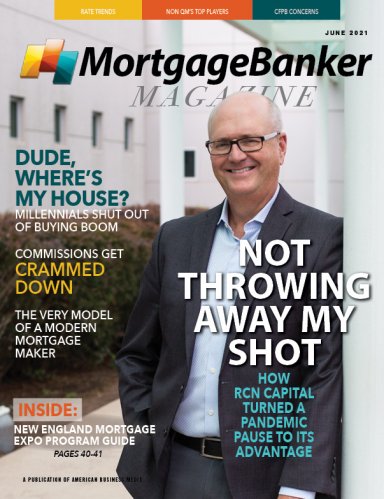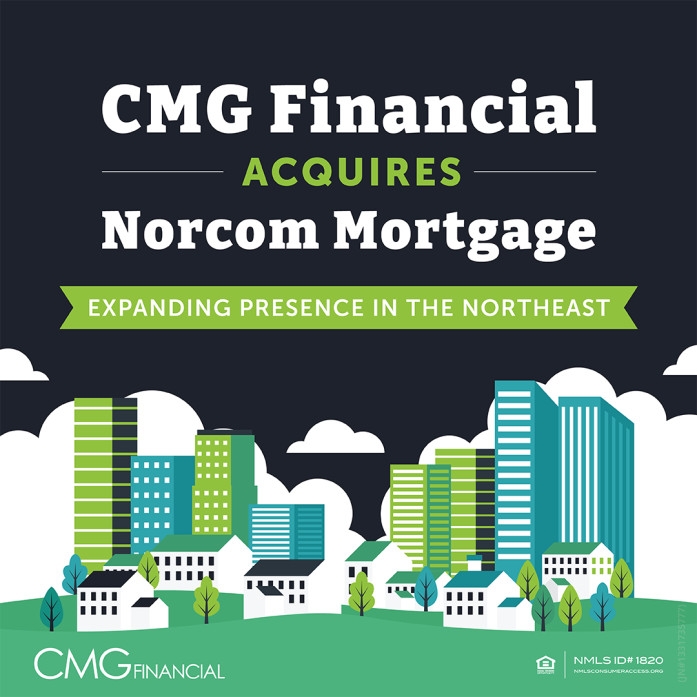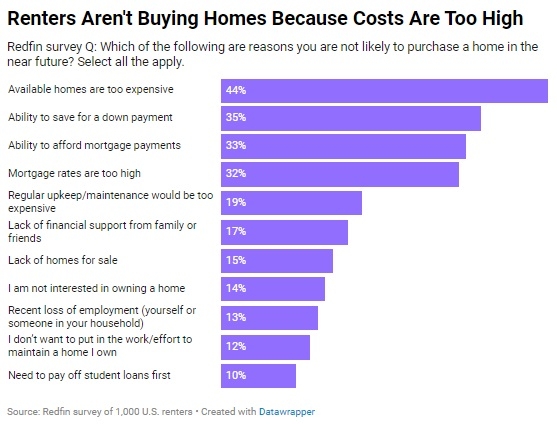In the past we never named generations. That changed when former People Magazine editor Landon Jones named the “Baby Boom Generation,” and now the pattern has stuck. Millennials, categorized by the Census Bureau as having been born between 1982 and 2000, are now the nation’s largest generation, numbering 83 million and representing more than one quarter of the nation's population. Their size exceeds that of the 75 million Baby Boomers. After years of depressed homeownership rates for the generation, it seems they finally want a place to own. What are lenders doing about it?
Millennials have prided themselves on renting to stay nimble and keep work opportunities open, but the last 14 months during the pandemic have showed lenders that they’re ready to buy. Millennials have been steadily making up a slightly larger share of the nation’s home purchases each year. The figure rose from 34 percent in 2017 to 38 percent in 2020. First-time home purchases have exhibited similar growth, from 31 percent to 33 percent over the last three years.
Math Problem
Despite the millennial homeownership rate increasing faster than that of other generations over the past half-decade, at age 30, fewer millennials own homes (42 percent), versus 48 percent of Gen Xers and 51 percent of boomers when they were the same age. The 2020 millennial homeownership rate stood at 48 percent, according to the most recent data from the Census Bureau. For people aged 40 to 55 in 2020 (Gen X), the homeownership rate is 69 percent. Baby Boomers have the nation’s highest homeownership rate at nearly 79 percent.












